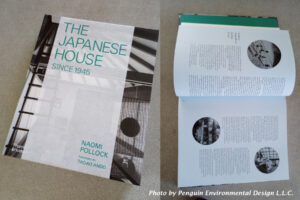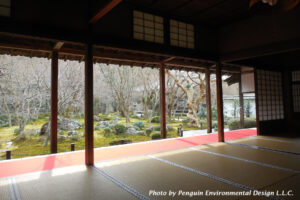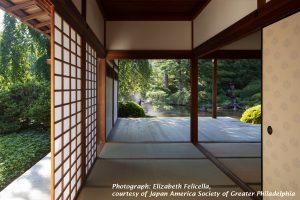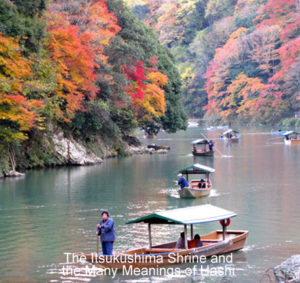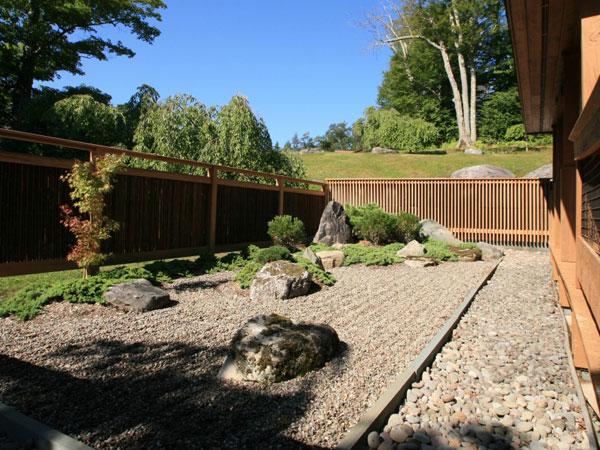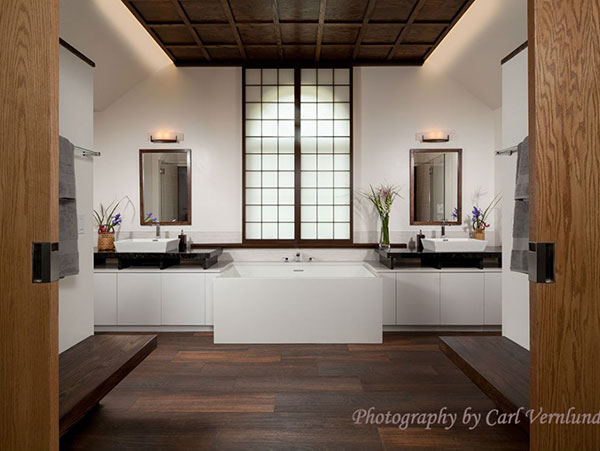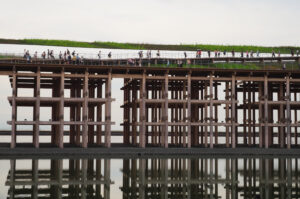
Osaka Kansai Expo 2025 Architecture: The Future of Our External Environments
Architecture at the Osaka Kansai Expo 2025 was an experience brimming with creativity and innovation. This visit left a mark on my understanding of how spaces can profoundly impact us, both individually and collectively. It also affirmed my view on how spatial design can support human health and the earth.
